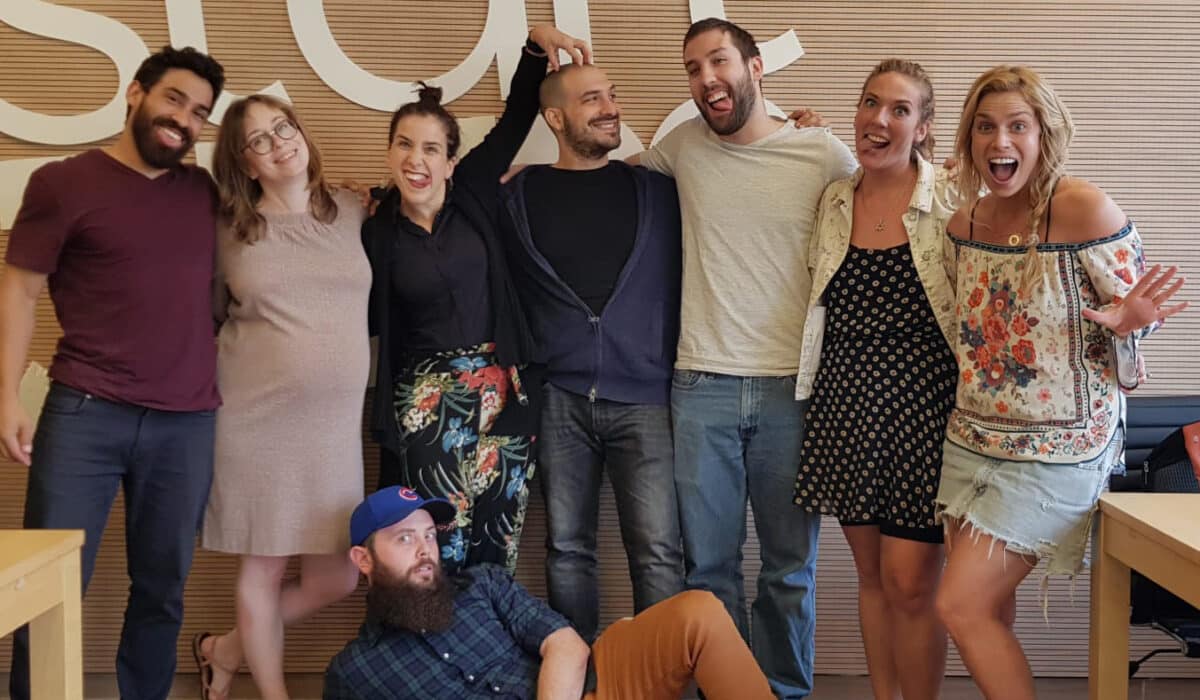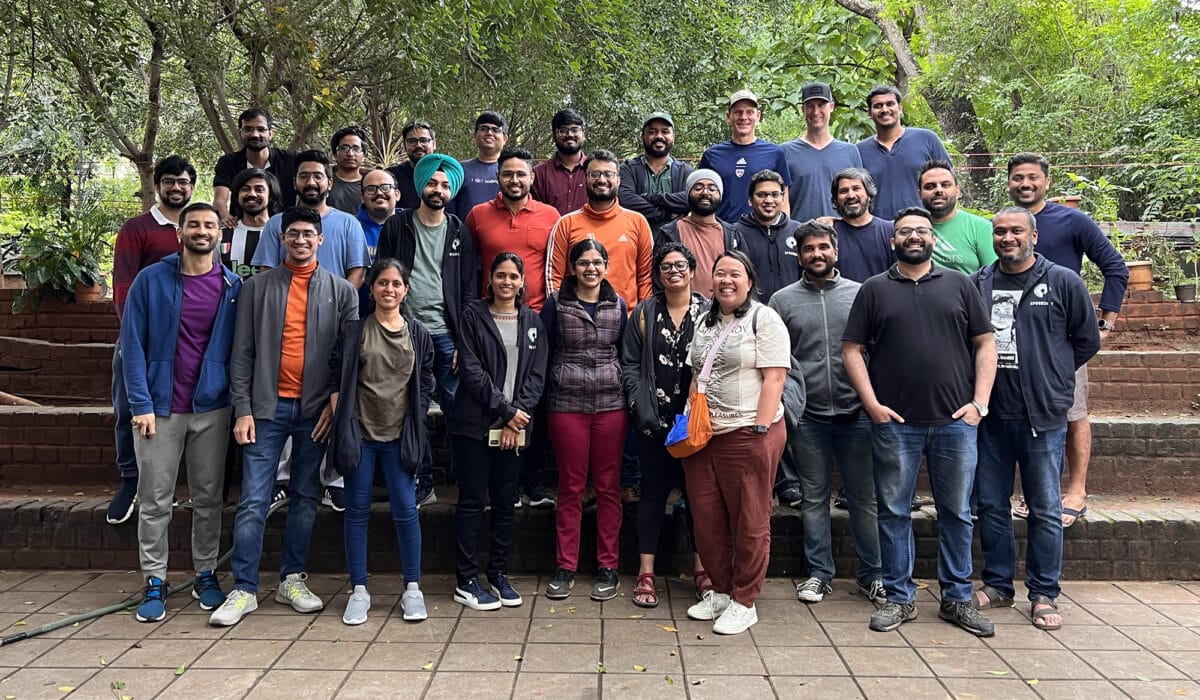As Adam Frank trained for a ninja competition on Israeli TV, he chronicled his progress on Instagram.
His followers increased dramatically, and many asked for his fitness advice. So he started thinking about how to forge relationships with them.
In 2019, he turned that desire into Wisio, an online platform for social media content creators to monetize their expertise. The platform allows fans to pay for video messages from the creator so they can ask questions and get personalized answers.
The pandemic highlighted the power of those online connections and audiences’ desire to pay for access to their favorite creators. And that growth turned into an opportunity for Wisio to sell to Outlook Amusements, a media and marketing firm focusing on new age content.
Wisio founders sought solutions for content creators
Frank studied computer engineering and computer science at the Hebrew University in Jerusalem, Israel, where he met Idan Maor, who would later become his Wisio cofounder.
As the two friends tried to keep up with their demanding classes, they turned to YouTube tutorials to help them study. They were disheartened when the video creators they followed didn’t respond to requests to clarify some of their information.
After graduating, Frank and Maor worked together to launch ScaleAbout, a startup that helped content creators extend their reach online beyond social media platforms. But ScaleAbout struggled to take off, and Frank and Maor found themselves at what Frank called “rock bottom” in a LinkedIn post.
That low point was right around the time Frank started shedding pounds to train for the Ninja Israel competition in 2019. He found himself in the same position as those YouTube content creators who hadn’t answered his questions.
“I got a few thousand followers who started asking me real questions wanting my time, my attention, my feedback,” he told CTech. “I didn’t know how to manage these questions or deal with those approaches from my followers, so I ignored everything…and this was exactly what the YouTubers were doing to us when we tried to approach them!”
As Frank recalled on LinkedIn, he and Maor were “a little bruised and traumatized” from their previous startup attempts. But they began again from that kernel of an idea and followed it through to turn Frank’s observations into a business.
They started working on their new platform that let creators share their expertise through one-on-one interactions.
“This time,” Frank said, the startup story had “a different ending.”
The pandemic catapulted Wisio’s growth
Frank didn’t find success on the Ninja Israel show. But in business, Wisio saw steady growth, which Frank credits to a referral program, in-house outreach and lead generation tools, and strategic marketing decisions.
When Wisio struggled to break into the U.S. market, Frank and Maor enlisted the help of Reza Izad, co-founder of digital-first media agency Studio71. Izad not only joined the Wisio team but also became an investor. “His involvement significantly aided us in establishing connections,” Frank said.
But it was the pandemic’s onset in 2020 that provided an unexpected huge boost to Wisio’s growth.
“Within a few weeks of the shutdown in the U.S., we saw our monthly revenues quadruple,” Frank said in an interview with The Jerusalem Post. “We contacted some of the creators who use our platform to investigate what was going on, and quickly discovered that many of them have seen their advertising deals with big brands canceled, forcing them to look for alternative business models.”
One of those alternative business models was selling services directly to their followers online — and Wisio was ready.
Wisio even found itself a haven for niche creators, like people who create ASMR videos to stimulate the senses with specific motions and sound. Requests to creators for ASMR content jumped 2,100%, Wiso told Vice.
The platform found itself with a waitlist of about 2,700 creators wanting to join as Wisio scaled during the pandemic.
Fans were willing to pay $30 to $40 for short video responses from creators. Wisio also found that about half of fans who purchased content on the platform came back again.
Meanwhile, the company kept 20% of each sale for the convenience of running the platform for them.
By 2022, Wisio had 10,000 creators onboard, a staff of seven, and had raised $2 million from angels and micro-VC. They were also able to access grant money and a startup community in Jerusalem, in part because they were not in Tel Aviv, the bigger tech hub, Frank said in an interview on the All Things Video podcast.
Frank and Maor were ready to sell, and discussed terms with two potential buyers. “It was an interesting process,” Frank said. They got two offers and “chose the best one for us,” he said. Keeping calm through the process, he said, was the biggest challenge of selling.
In September 2022, Wisio completed the sale to Outlook Amusements, one of the potential buyers they found through their network. Outlook Amusements is a media and marketing firm focusing on new age content. The amount wasn’t disclosed, but an article from Time News reported it in the millions. Frank stayed on as the CEO of the new Israeli branch of Outlook Amusements and continues to grow Wisio.

